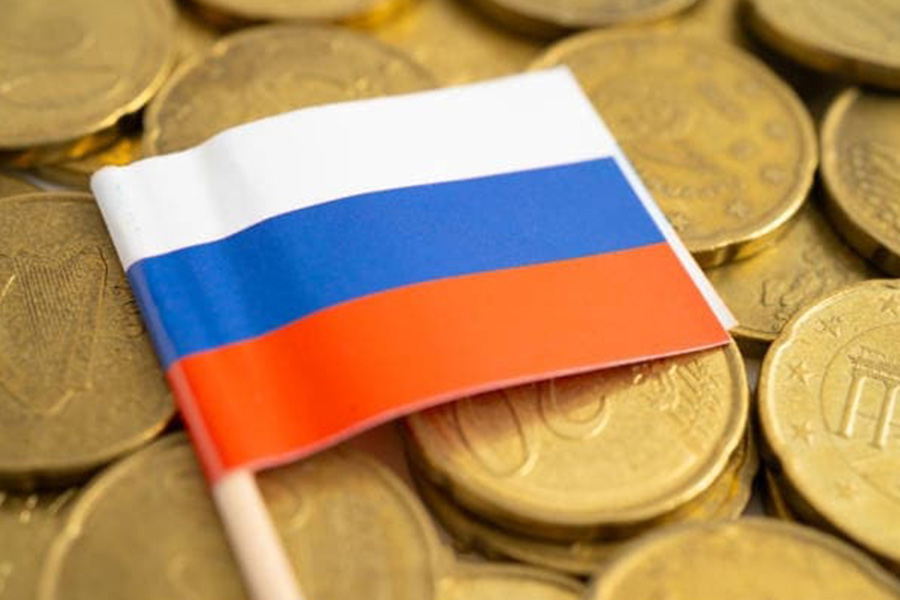
Bitcoin Price and Economic Instability: A Safe Haven?
Bitcoin has emerged as a unique asset class that has captivated investors and economists alike. The cryptocurrency’s price has been a topic of intense debate, particularly in relation to economic instability. Is Bitcoin a safe haven during times of economic turmoil, or is it merely another speculative bubble? This article delves into the relationship between bitcoin price and economic instability, examining the factors that contribute to its volatility and its potential role as a refuge for investors seeking to preserve their wealth.
Bitcoin Price and Market Volatility
The price of Bitcoin has been known to be highly volatile, with significant price swings that can occur within short periods. This volatility is often attributed to a variety of factors, including market speculation, regulatory changes, technological advancements, and macroeconomic events. During times of economic instability, Bitcoin’s price can be influenced by increased demand from investors seeking alternative investment options. In such scenarios, the cryptocurrency can act as a hedge against traditional financial market fluctuations.
Economic Instability and Bitcoin
Economic instability can manifest in various forms, such as currency devaluation, inflation, or recession. In these situations, investors may turn to Bitcoin as a store of value, similar to gold. The decentralized nature of Bitcoin and its finite supply make it an attractive option for those looking to protect their assets from the devaluation of traditional currencies. However, the correlation between economic instability and Bitcoin price is not always straightforward. While some argue that Bitcoin’s price increases during economic downturns, others contend that its price is more influenced by market sentiment and technological factors.
Bitcoin as a Safe Haven Asset
The concept of Bitcoin as a safe haven asset is rooted in its ability to provide a secure and immutable store of value. In times of economic uncertainty, traditional safe havens like gold and government bonds may not always offer the desired protection. Bitcoin’s decentralized nature and its resistance to censorship make it an appealing alternative. However, the question remains whether Bitcoin can consistently act as a safe haven during periods of economic instability. The cryptocurrency’s price history has shown instances where it has indeed provided a hedge against market downturns, but there have also been periods where it has moved in tandem with traditional markets, casting doubt on its reliability as a safe haven.
Inflation Hedge and Bitcoin Price
One of the primary reasons investors consider Bitcoin as a potential safe haven is its potential to hedge against inflation. As central banks around the world engage in quantitative easing, the value of traditional currencies can erode. Bitcoin, with its capped supply of 21 million coins, is often seen as a hedge against this inflation. The demand for Bitcoin as an inflation hedge can significantly impact its price, especially during times when inflation expectations are high. However, the relationship between inflation and Bitcoin price is complex and can be influenced by various economic indicators and market conditions.
Regulatory Environment and Bitcoin Price
The regulatory environment plays a crucial role in shaping the perception and demand for Bitcoin. Changes in regulations can either boost or diminish the appeal of Bitcoin as an investment. For instance, when a country announces favorable regulations or recognizes Bitcoin as a legal tender, it can lead to an increase in demand and, consequently, an increase in Bitcoin price. Conversely, strict regulations or bans on cryptocurrency trading can result in a decrease in demand and a drop in price. The regulatory environment, therefore, is a critical factor to consider when analyzing the relationship between economic instability and Bitcoin price.
Future Outlook for Bitcoin Price and Economic Instability
Looking ahead, the future of Bitcoin price in relation to economic instability remains uncertain. As the cryptocurrency market matures and becomes more integrated into the global financial system, its price may become less volatile and more reflective of its intrinsic value. However, the inherent unpredictability of economic events and the evolving nature of the cryptocurrency market mean that Bitcoin’s price will likely continue to be influenced by a multitude of factors, including economic instability. Investors must remain vigilant and consider a diverse range of economic indicators and market data when making investment decisions involving Bitcoin.
In conclusion, the relationship between Bitcoin price and economic instability is multifaceted and complex. While Bitcoin has shown potential as a safe haven asset, its price is subject to a wide range of influences, making it a dynamic and challenging asset to predict and understand. As the global economy continues to evolve, the role of Bitcoin in providing stability and security to investors will be a key area of focus for both market participants and economic observers.



